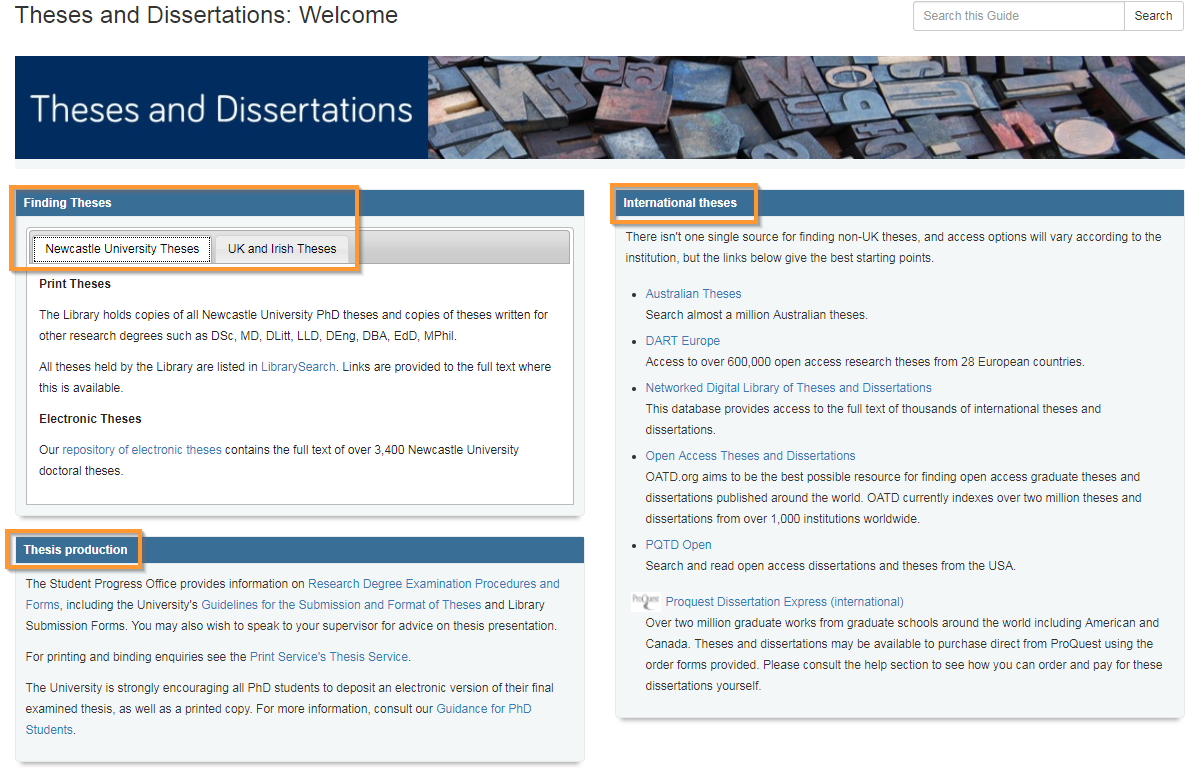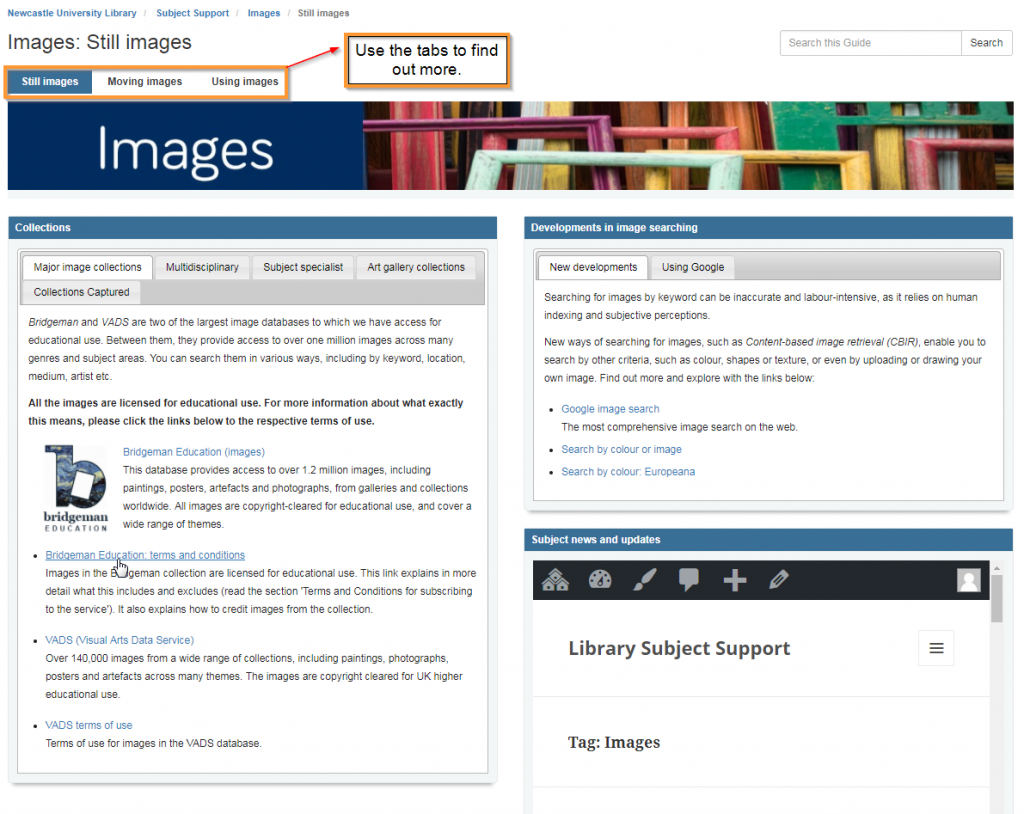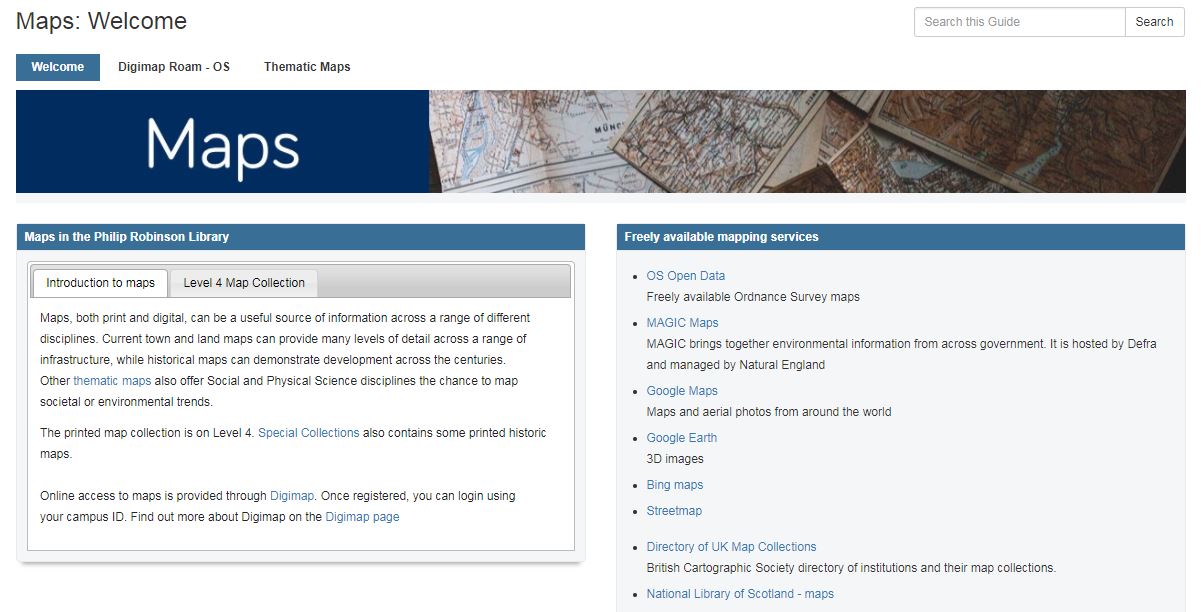
We’re pleased to report that we’ve invested in several exciting new online resources for the new academic year. Whatever your subject interest, you’re bound to find something of interest. Keep an eye on our blog for more in-depth features on these new resources over the next few weeks.
African American Communities
Focusing predominantly on Atlanta, Chicago, St. Louis, New York, and North Carolina, this collection presents multiple aspects of the African American community through pamphlets, newspapers and periodicals, photographs, correspondence, official records and in-depth oral histories.
Race Relations in America
Collection of primary source material covering Civil Rights in the USA from 1943-1970. Content includes photographs, correspondence, audio recordings, data and case studies, together with contextual features to help with interpreting the material.
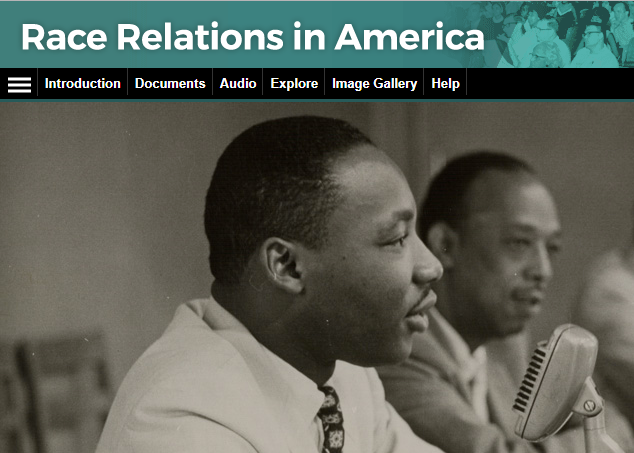
Literary Print Culture: the Stationers’ Company Archive
The Stationers’ Company Archive is one of the most important resources for understanding the workings of the early book trade, the printing and publishing community, the establishment of legal requirements for copyright provisions, and the history of bookbinding. Explore extremely rare documents dating from 1554 to the 21st century in this invaluable resource of research material.
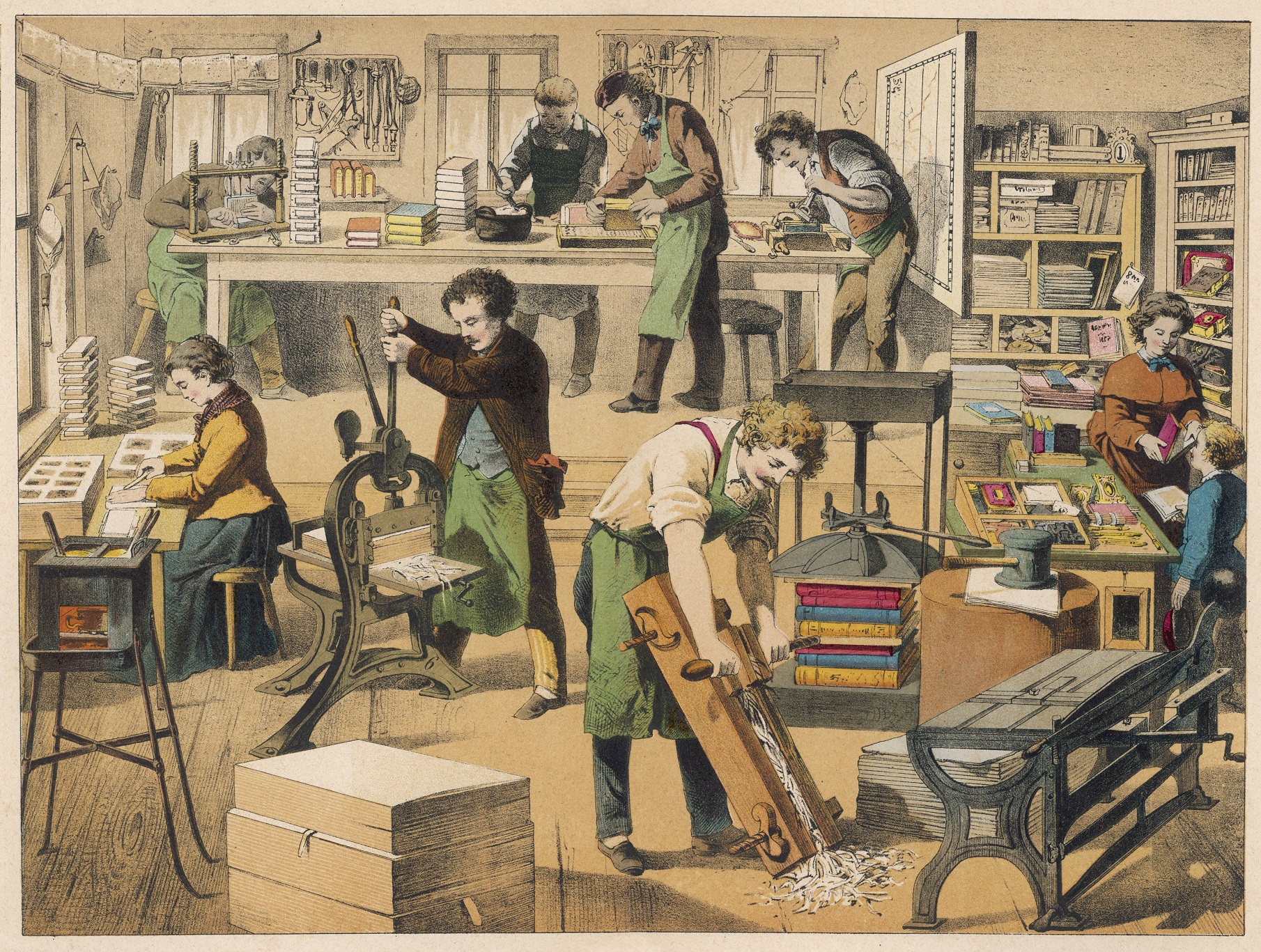
Rock’s Backpages
The largest database of online music journalism, providing access to thousands of interviews, reviews and articles about artists of all genres, from Aaliyah to ZZ Top. Coverage dates back 50 years, and also includes 500 audio interviews.

Drama Online
This comprises the text of over 2,000 international plays, from ancient Greek drama to contemporary works; film and audio recordings of productions, and contextual resources relating to drama theory and practice. This summer, we have just enhanced our Drama Online portfolio with the Nick Hern Books collection (400 plays) plus the 2017/18 core update (117 plays).
Digimap Aerial
Digimap is an online map and data delivery service, comprising various collections, including Ordnance Survey and Historic. We now also have access to Digimap Aerial. You’ll need to agree to the new licence before using them: please see our separate blogpost for more details.
Financial Times and Sunday Times upgrade
We have just updated our access to these archives to cover the Financial Times from 2011-2016, and the Sunday Times from 2007-2017 (our ‘page by page’ online archives already go back to the very first editions of these papers in the 19th century). For very recent coverage of the Sunday Times to the present day (text-only content) please visit Lexis. For current coverage of the Financial Times, please visit this page.

New eBook collections
And there’s more! We have also bought access to thousands of new eBooks across many subject areas. Read all about it!



